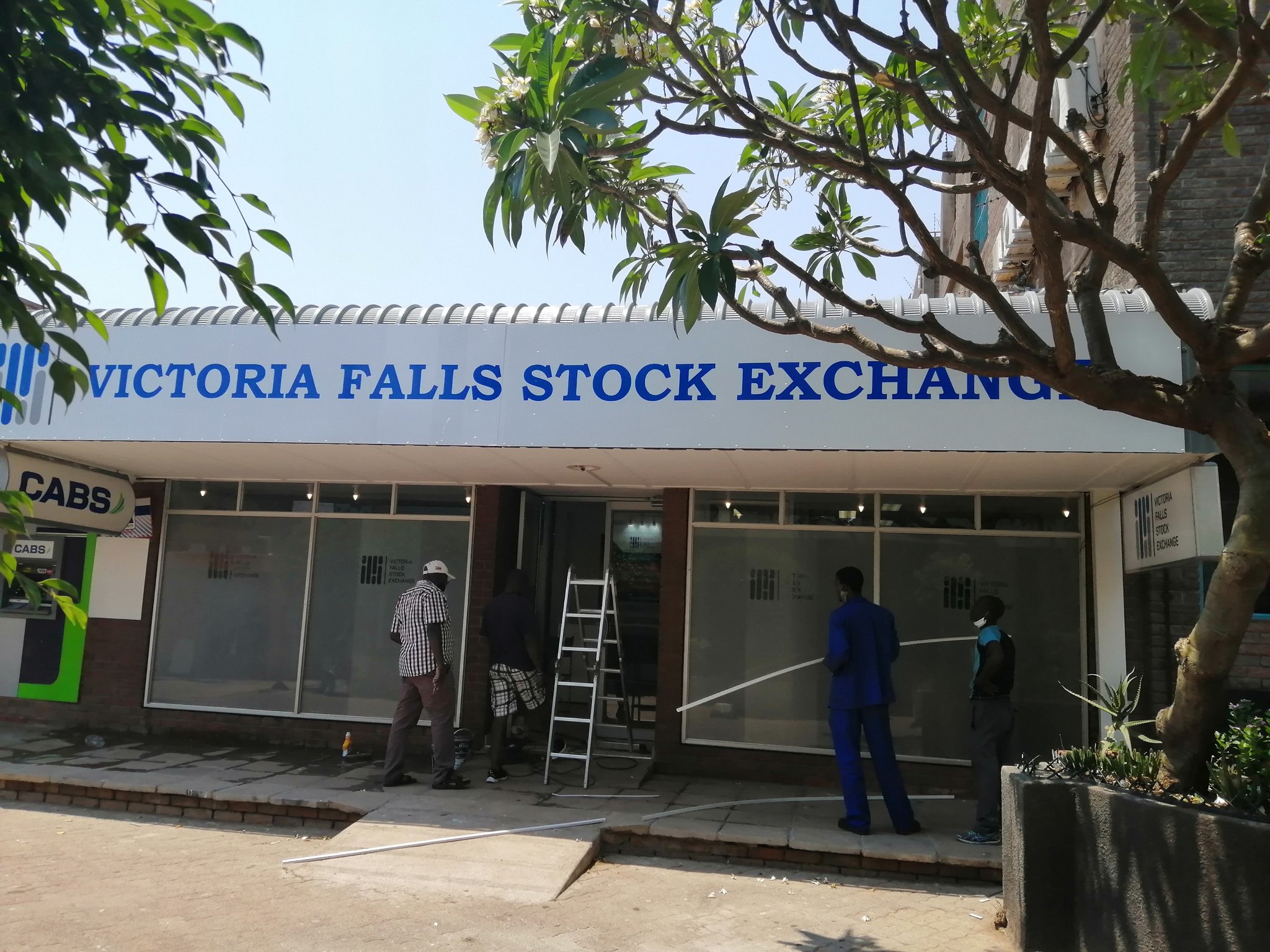Supplementary Budget inevitable
It is now inevitable for Finance and Economic Development Minister Mthuli Ncube to come up with a supplementary budget for the 2022 fiscal year that market watchers say is likely to be twice what he presented last year.
This comes as runaway inflation and a fast depreciating local currency have dwarfed the 2022 National Budget announced in November last year.
Mthuli presented a $927,3 billion Budget (18 percent of GDP) for the 2022 fiscal year, but with inflation soaring to 131,7 percent at the last count in May and the local dollar depreciating to $600 per US$1 from $220 at the beginning of the year, the budgeted expenditure amount is no longer enough, observers say.
The situation mirrors what was happening last year when government had a Budget overrun of $46,3 billion or 15,2 percent.
Mthuli is expected to announce the Mid-Term Fiscal Review statement soon.
The economists expect Mthuli to come up with an extra budget “close to two times” the current one, to be around $2 trillion on the back of rising inflation expected to be around 200 percent by year-end while the formal exchange rate will be more than $500 against the greenback.
The capital budget, which is 34,5 percent of the total budget, is partly indexed in United States dollars and ironically the Government’s budget did not consider the elevated formal exchange rate this year.
“These movements, together with the 100 percent salary increment for the civil servants, which was never budgeted for, will see the budget hitting plus $2 trillion, which will be inflationary,” economic professor, Gift Mugano, told Business Weekly.
“It is in this wisdom that I am of the view that the Minister of Finance and Economic Development should throw in the towel on the Zimbabwean dollar and consider full dollarisationand immediately craft an economic stabilisation plan,” he added.
In June 2019, Zimbabwe removed the multiple currency regime introduced in 2009 after the value of the previous domestic currency was severely eroded due to devastating hyperinflation, which soared to a record 500 billion percent in 2008.
But in March 2020, the Government allowed people with free funds to use their foreign currency to pay for goods and services, alongside domestic currency comprised of the electronic Real Time Gross Settlement dollar, bond notes, and bond coins.
Mthuli has maintained that the single use of the US dollar, would kill the competitiveness of the economy, especially the manufacturing sector. “The Zimbabwe dollar is giving our manufacturing sector the much-needed competitiveness against foreign products,” he said recently, warning of “very nasty” events if the country decides to adopt the U.S dollar as the anchor currency.
The Confederation of Zimbabwe Industries (CZI) has also argued that only consumers will benefit from full dollarisation, but will come at a huge cost for local industry.
Such a move, the country’s largest industrial lobby group said would reverse the gains achieved in the past year after factory output increased on the back of improved access to forex.
Prof Mugano said a supplementary budget was inevitable because the assumptions, which underpinned the 2022 budget had completely changed. As such, the current budget is now out of sync with reality.
“These assumptions have been radically changed by both internal and external factors, that is, excessive money supply and the contagion effects of the Ukraine war which has been transmitted to Zimbabwe through the increase in costs of fuel, food, and fertilisers,” he said.
The 2022 budget was developed under the assumptions that the economy will grow by 5,5 percent and that the country would receive a normal to above normal rainfall pattern, a subdued Covid-19 pandemic, a relatively stable exchange rate, declining inflation; and favourable international mineral prices. “From the four assumptions, only favourable international mineral prices are the only reality.
“The assumption of normal to above normal rainfall… as already noted, the rainfall pattern characterised by late rains is likely to negatively affect the agricultural sector, which will weigh down on growth prospects.
“Likewise, the assumptions on the stable exchange rate and declining inflation have failed because both exchange rate and inflation are running amok to the extent that the annual inflation target of 25-30 percent is no longer achievable,” Prof Mugano said. Economist, Brains Muchemwa, said the previous and current fiscal excesses have driven unproductive growth in money supply that has filtered to cause high inflation.
“This inflation will definitely upset the previously budgeted fiscal expenditures and revenues alike, triggering a higher than budgeted supplementary budget,” he said.
“How much more the supplementary budget will cause inflation is, however, a function of the unfunded portion and how it shall be monetised,” Muchemwa added.
Economic crisis
Speaking to Zimpapers Television Network last month, Mthuli dismissed claims by some critics that the economy was in a crisis. “No, it’s not in crisis. Our growth projection is strong, we still expect growth closer to the 5 percent that we projected, we may tamper with that but we’re still seeing a positive upturn in the economy, which began in 2021,” Mthuli said.
But on the contrary, Prof Mugano said the economy was in a “serious crisis” characterised by chronic inflation, run-away exchange rate, massive erosion of wages and salaries, shrinking of companies, near to total collapse of the social service health, and education sectors while half of the population is in extreme poverty.
“This is sufficient information to tell that we are in a crisis and we must recognise it so that we can adequately provide the right remedy,” said Prof Mugano.
“I would say the remedies required for our economy are not squarely resting on the Minister of Finance but a whole-systems approach where all the actors in the ecosystem of policy-making, which inter alia include development partners, civil society, labour, business, academic, think tanks and political parties.
“These actors must be involved in crafting lasting solutions for the Zimbabwe economy.
I am emphasising lasting solutions and I am totally against the use of statutory instruments because by their nature they are narrow in their approach and in many cases, they deal with symptoms as opposed to root causes,” added Prof Mugano.
Analyst, Carlos Tadya, concurred with Prof Mugano’s views saying: “Without being prescriptive, it is undeniable that our problems are structural and centered around subdued production. We must pay extra attention to strategies aimed at promoting production. Of course, we need to pay attention to confidence building. In this regard, we need to develop demand-driven policies that are characterised by policy consistency, credibility, predictability, and certainty.”
Tadya also implored the authorities must rein in the excessive money supply.-eBusiness Weekly









